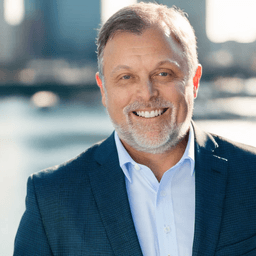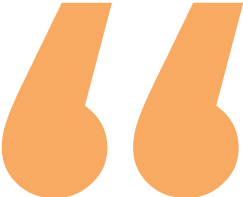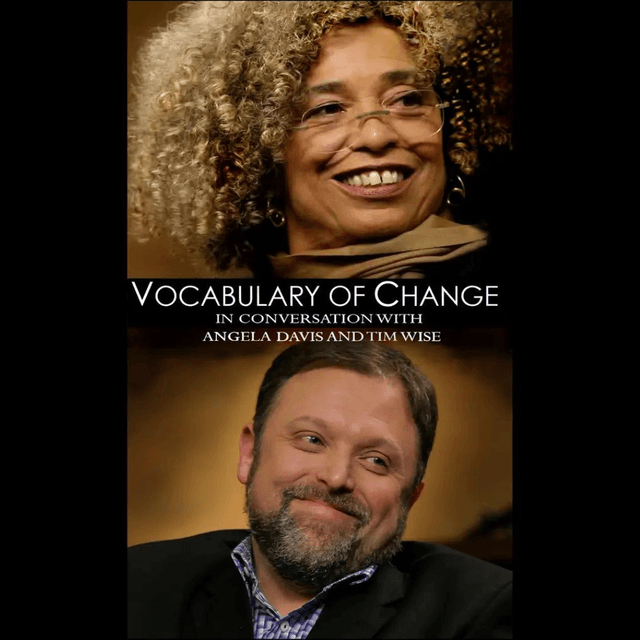Tim Wise is among the most prominent anti-racist writers and educators in the United States. He has spent the past 25 years speaking to audiences in all 50 states, on over 1500 college and high school campuses, at hundreds of professional and academic conferences, and to community groups across the country.
Wise has also trained corporate, government, entertainment, media, law enforcement, military, and medical industry professionals on methods for dismantling racial inequity in their institutions, and has provided anti-racism training to educators and administrators nationwide and internationally, in Canada and Bermuda.
Wise is the author of nine books, including his latest, Dispatches from the Race War (City Lights Books). Other books include Under the Affluence, Dear White America: Letter to a New Minority and Colorblind (all from City Lights Books); his highly-acclaimed memoir, White Like Me: Reflections on Race from a Privileged Son, (recently updated and re-released by Soft Skull Press); Affirmative Action: Racial Preference in Black and White; Speaking Treason Fluently: Anti-Racist Reflections From an Angry White Male; and Between Barack and a Hard Place: Racism and White Denial in the Age of Obama.
Named one of “25 Visionaries Who are Changing Your World,” by Utne Reader, Wise has contributed chapters or essays to over 25 additional books and his writings are taught in colleges and universities across the nation. His essays have appeared on Alternet, Salon, Huffington Post, Counterpunch, The Root, Black Commentator, BK Nation and Z Magazine among other popular, professional and scholarly journals.
From 1999-2003, Wise was an advisor to the Fisk University Race Relations Institute, in Nashville, and in the early ’90s he was Youth Coordinator and Associate Director of the Louisiana Coalition Against Racism and Nazism: the largest of the many groups organized for the purpose of defeating neo-Nazi political candidate, David Duke.
Wise has been featured in several documentaries, including two from the Media Education Foundation. “White Like Me: Race, Racism and White Privilege in America,” which he co-wrote and co-produced, has been called “A phenomenal educational tool in the struggle against racism,” and “One of the best films made on the unfinished quest for racial justice,” by Eduardo Bonilla-Silva of Duke University, and Robert Jensen of the University of Texas, respectively. "The Great White Hoax: Donald Trump & the Politics of Race & Class in America" features Wise explores how American political leaders of both parties have been tapping into white anxiety, stoking white grievance, and scapegoating people of color for decades to divide and conquer working class voters and shore up political support.
Wise also appears alongside legendary scholar and activist, Angela Davis, in the 2011 documentary, “Vocabulary of Change.” In this public dialogue between the two activists, Davis and Wise discussed the connections between issues of race, class, gender, sexuality and militarism, as well as inter-generational movement building and the prospects for social change. More recently, he appeared in Chelsea Handler's Netflix documentary Hello Privilege, It’s Me Chelsea on white privilege and racism in the United States.
Wise appears regularly on CNN and MSNBC to discuss race issues and was featured in a 2007 segment on 20/20. He graduated from Tulane University in 1990 and received antiracism training from the People’s Institute for Survival and Beyond, in New Orleans. He is also the host of the podcast, Speak Out with Tim Wise.
Beyond Diversity: Steps for Uprooting Racism, Privilege and Institutional Inequity
[Note: This can be done as a workshop or as a lecture presentation followed by Q & A.]
In this session, Tim will explore the causes -- both formal and informal -- for institutional racial inequities. By examining the various policies, practices, and procedures that exist within educational, employment, and organizational settings -- and which often inadvertently perpetuate unequal opportunity and treatment -- participants can develop strategies for shifting their institutional cultures in the direction of greater parity. This session can be tailored specifically for educators (at the primary, secondary or higher ed level), businesses, non-profits, government agencies, or religious bodies, as desired. Among the topics that can be explored in this session are:
- The sources of internalized supremacy/oppression and how these can manifest in all of us
- Privilege as the flipside of oppression
- Stereotype Vulnerability and Racial Performance Gaps
- The Hidden Key to Disparities
- The harms of inequity for all members of an institution, including dominant group members
- Strategies for creating equity in the classroom, workspace, and throughout our institutions
Tim Wise can also tailor presentations to focus on topics like race and education, race and health care, race and the legal system, among others. Contact SpeakOut for details.
It CAN Happen Here: White Racial Backlash and the Future of Multicultural Democracy
In this presentation, Tim provides an analysis of where we stand as a nation when it comes to racial equity, how we got here, the dangers of the present moment, and how people committed to multiracial democracy can prevail against the forces of white backlash. With the banning of affirmative action, new impediments to voting, book bans and curriculum restrictions in schools, and the assault on any efforts for diversity, equity and inclusion — from the boardroom to the classroom — the right is looking to largely roll back even the most basic civil rights victories of the past sixty years. Combined with reactionary rhetoric about the “great replacement” of whites by immigrants of color, these policy moves are calculated to stoke white racial fears and resentment, and cement white racial dominance to the detriment of our professed democratic values. There is a path forward, but limited time to take it, as Wise explains in this talk.
Developing Equity Leaders in a Time of Conflict
A PROFESSIONAL DEVELOPMENT SESSION FOR ADMINISTRATORS, FACULTY & STAFF
In this session, Tim leads participants through the necessary steps for becoming true equity leaders on their campuses, especially during a time when issues of racial justice and equity have become so contentious. Among the topics explored in this session, which can be offered as either a 2-hour or 4-hour workshop:
- How does the current political environment complicate campus equity efforts, and how can persons seeking to be equity leaders respond to that environment?
- How can officials respond to common critiques of equity efforts, voiced by students, alums, or advocacy organizations committed to undoing such efforts or reversing prior efforts and gains?
- Why is a color-conscious approach (as opposed to a colorblind approach) critical to producing truly equitable institutional spaces, and how does colorblindness perpetuate racial disparities in academic environments?
- How can campus leaders balance valid concerns about free speech and academic freedom with concerns about hostile racial environments facing students of color? How can schools promote vibrant free speech while still protecting students from harassment and denigration based on identity?
Participants in this session will leave with a better grasp of the current challenges facing campus equity initiatives, along with the tools needed to face those challenges and move their institutions to a higher level of equity and opportunity for all.
NOTE: This session can be tailored for professional development in companies, non-profits, organizations, and government agencies.
Beyond Cancel Culture: Examining the Future of Free Speech on Campus
In this presentation, Tim examines the issue of free speech on college campuses, and how schools can support free inquiry while still preventing racial, religious, sexual, or other forms of harassment. At a time when students say they often feel censored or shut down by their political adversaries, Wise explores the biggest threats to free speech and academic freedom on campus (hint: they don’t involve “wokeness”), the legal, moral, and practical consequences of free speech, and how we can move beyond reactionary canceling of views we oppose, to a place of greater dialogue and mutual respect.








